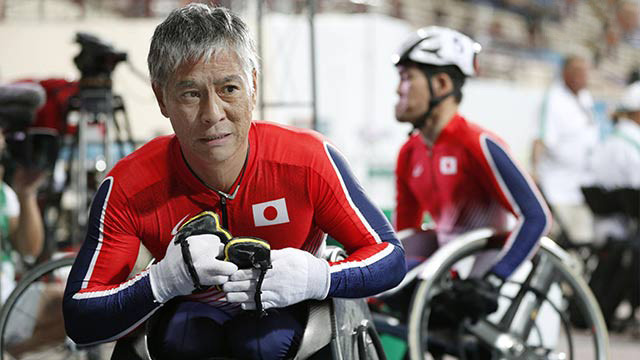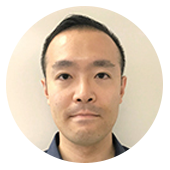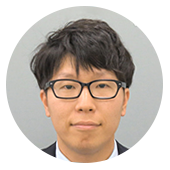Many prospective Paralympians have underlying conditions that affect their lungs and other organs -- high-risk factors in the current global health climate. Although some are calling for the cancellation of the Tokyo Games for this reason, the athletes continue to train for 2021.
"Many para-athletes feel it is harder to just get in the condition needed to compete than it is to win a medal," says Ito. "I believe holding the Paralympics after the global fight against the coronavirus will connect the hearts and minds of the athletes who survive the pandemic and of all people around the world."
"It is ability, not disability, that counts."
Those are the words of Ludwig Guttmann, the German-born British neurologist known as the "father" of the Paralympic Games. His approach has inspired Paralympians for decades now.
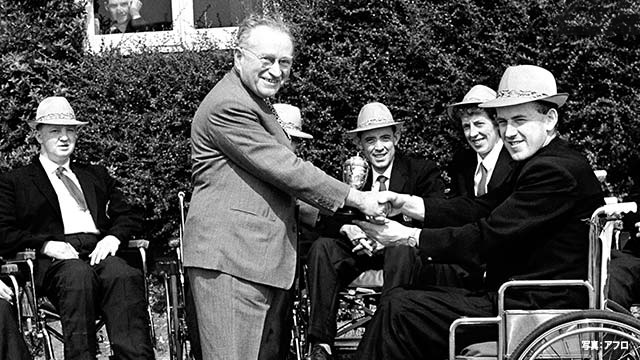
Seventy-two-year-old Hoshi Yoshiteru has problems with his legs due to polio. Inspired by the 1964 Tokyo Paralympic Games, which he saw when he was 16, Hoshi tried his hand at a variety of para-sports, such as wheelchair basketball, athletics, swimming and table tennis.
Hoshi was visiting the UK, taking part in athletics and swimming, when he first encountered the words of Guttmann. "People cry for the impossible," he says. "But Guttmann's words taught me that won't help us move on."
In 1976, Hoshi competed in the Toronto Paralympics in wheelchair basketball and athletics, and won a gold medal in wheelchair slalom. He later became a para-sports instructor and is still teaching wheelchair tennis to children in Tokyo.
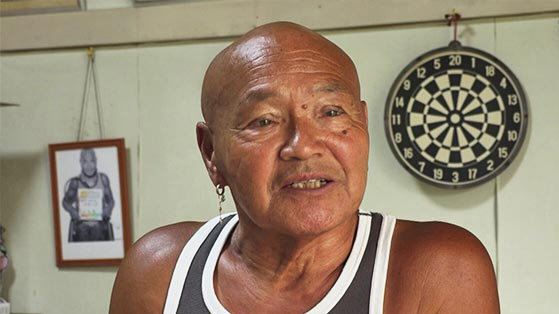
Seventy-seven-year-old architect Yoshida Saeko has Guttmann's famous phrase on her fridge. She took part in the last Tokyo Games as an interpreter and says the experience changed her life.
Yoshida says she was amazed by the slopes, railings and other disability-friendly fixtures installed in their quarters. Such arrangements were rare in Japan back then, she recalls. "I was surprised at how athletes from overseas were freely interacting with others with or without disabilities," she says. "I realized that people are the same regardless."
Yoshida went on to become a pioneer in disability-conscious architecture in Japan and was involved in designing more than 100 houses in half a century.
"If there are any gaps, I'm ready to use my brain to bridge them somehow," she says. "Doctor Guttmann's words have proven useful, not only in thinking about barrier-free buildings, but also in helping me stay positive. The event in Tokyo 56 years ago, and that phrase, determined the course of my life."
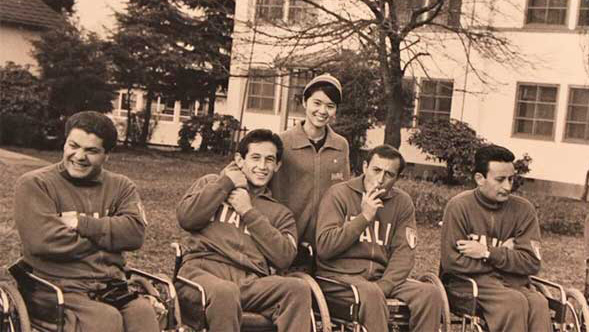
Matheson Miki won three gold medals in ice sledge speed racing at the 1998 Nagano Winter Paralympics. She now leads outreach at schools across the country and teaches children how the Paralympics have enabled people with disabilities to take part in sport through new equipment and rules.
Matheson believes the spirit of the Paralympics, as symbolized by Guttmann's words, will help not only para-athletes but also people in all walks of life get through this moment of adversity.
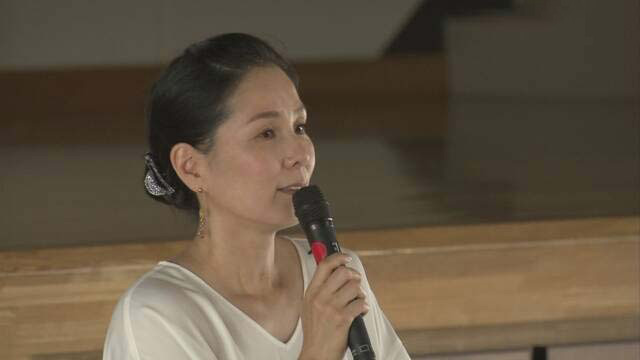
"The Games have been postponed by a year due to the pandemic," says Matheson. "That's one more year for children to learn about the value of the Paralympics. They'll have a lot more to get into next year."
